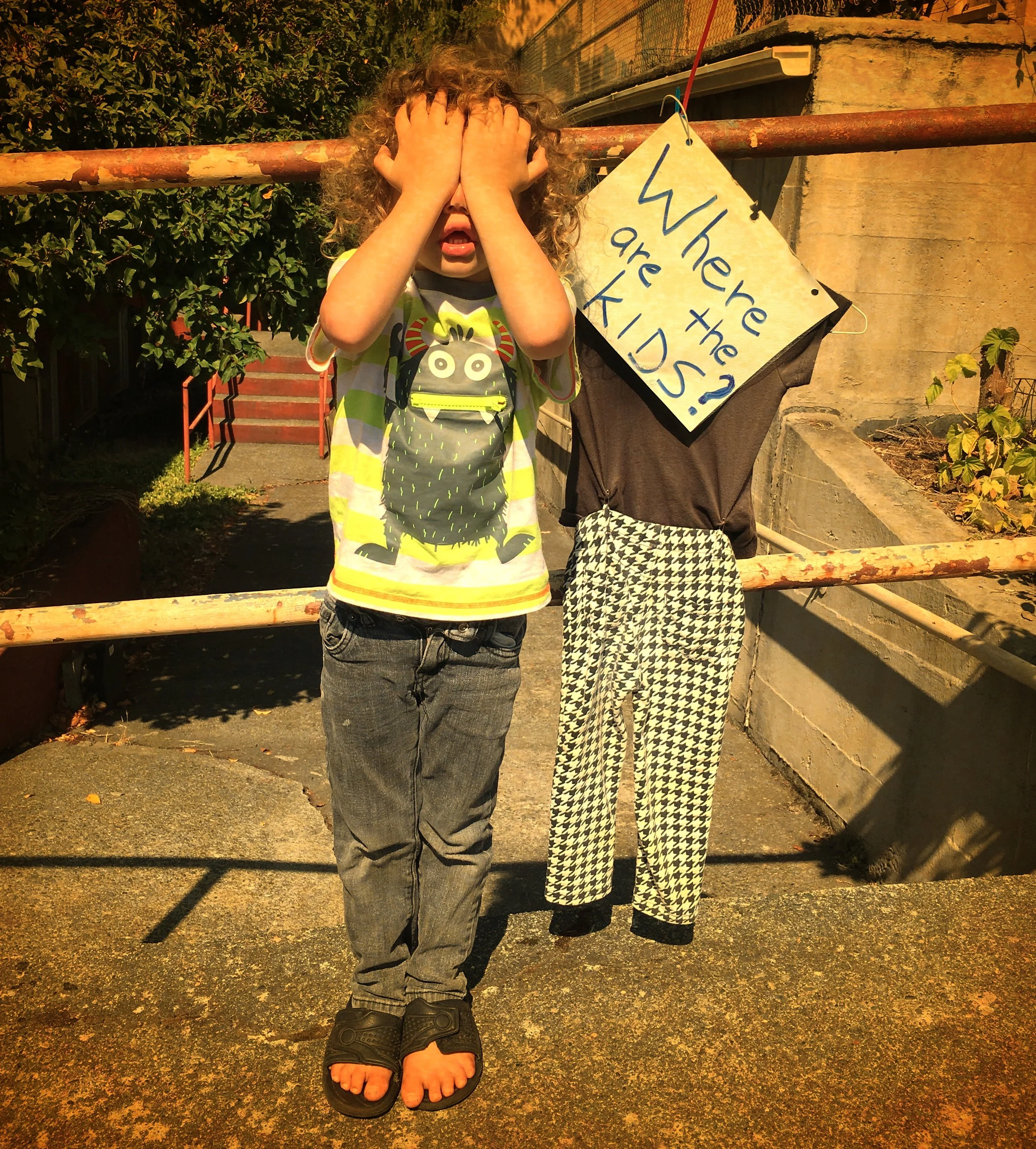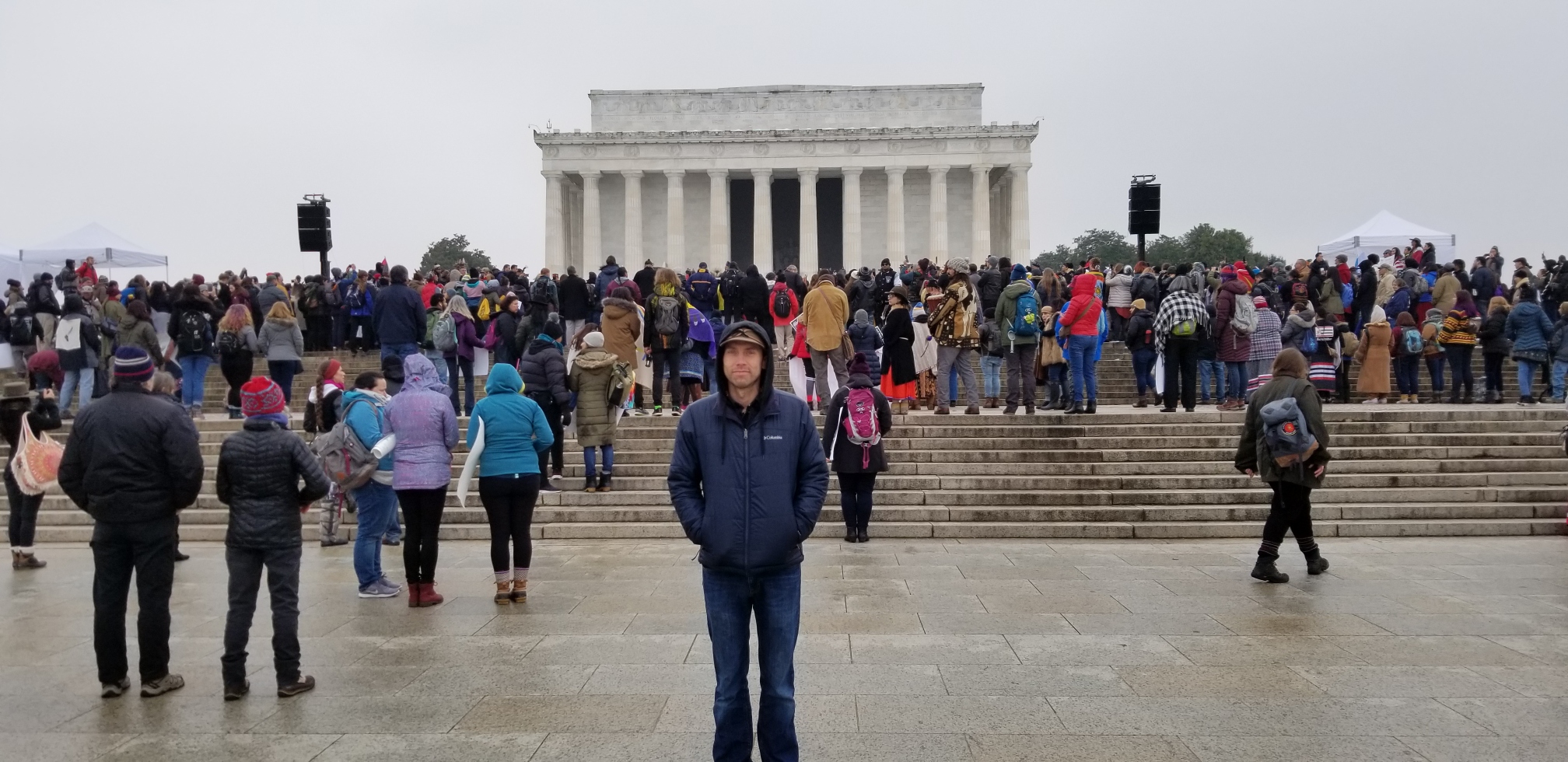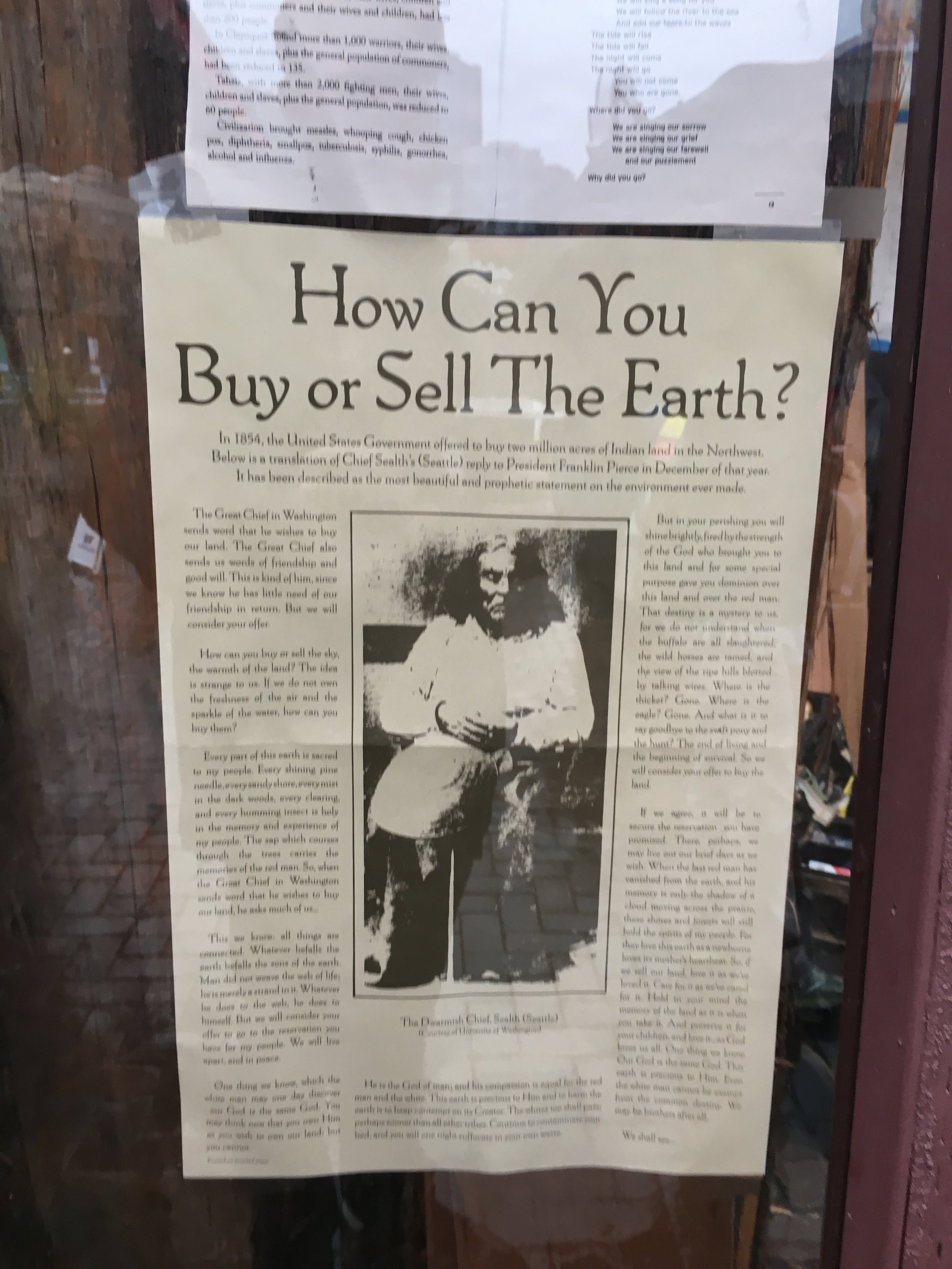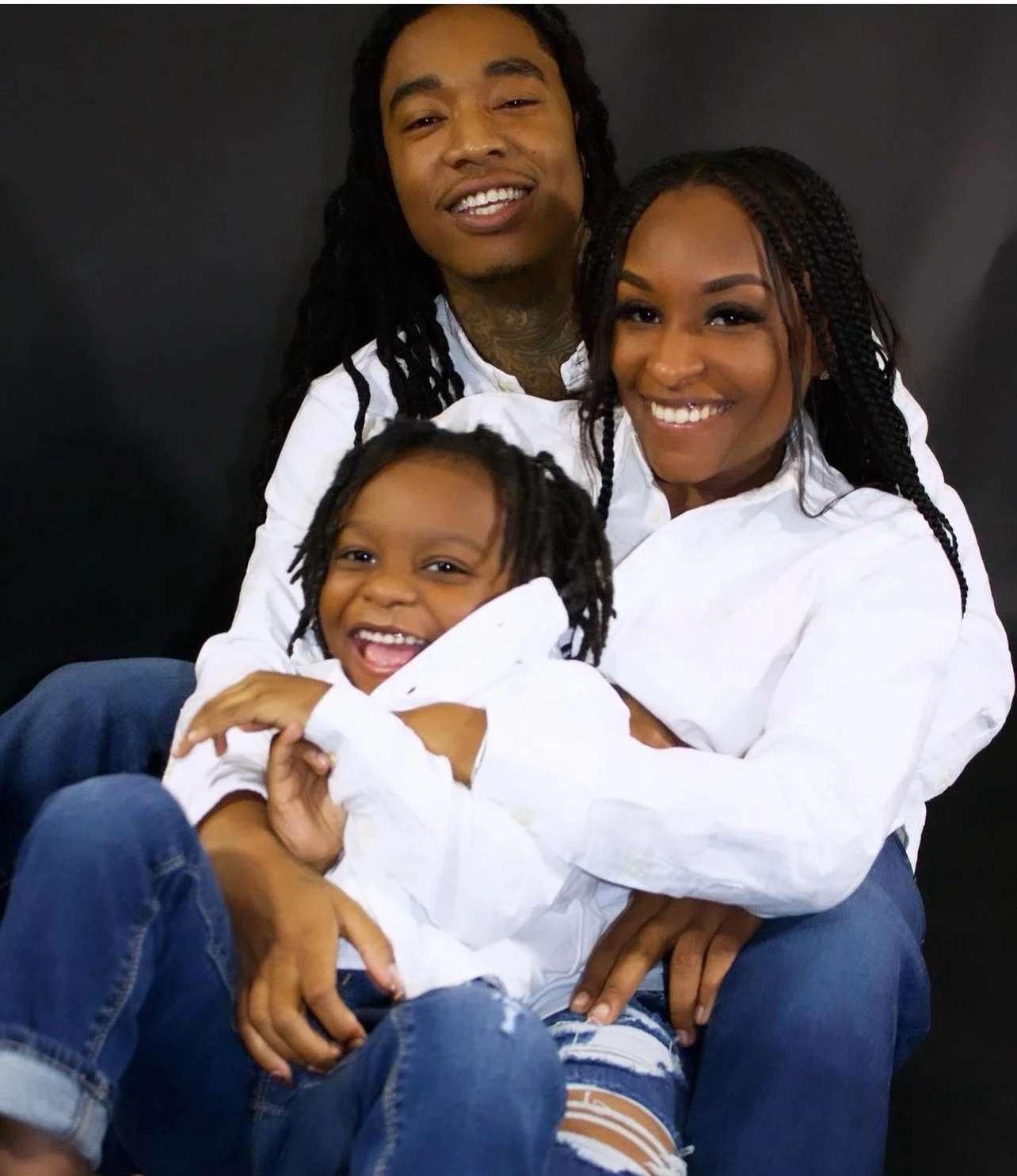I’m riding through southern Oregon right now in the passenger seat of my family’s gray Prius, on our way from Sunriver to Ashland.
On Dead Indian Memorial Road.
Siri just directed us — out loud — to turn onto Dead Indian Memorial Road. I was conscious of my boys being asleep behind me.
According to oregonencyclopedia.com:
“Dead Indian Road is one of the oldest trans-Cascade travel routes in southern Oregon, connecting Ashland and the Rogue River Valley with the Upper Klamath Basin. The road crosses the headwaters of Dead Indian Creek a short distance west of Dead Indian Road’s junction with the much newer Keno Road, which heads south to Howard Prairie Reservoir. In the 1990s, Jackson County decided to change the name to Dead Indian Memorial Road, but controversy over the name continues to erupt.
“The name of Dead Indian Creek, the source of the road’s name, dates to the early 1850s. Several variations of the name hint at a story that settlers killed Indians on the creek, but there is no evidence to support that account. Neither does the name derive from General Phillip Sheridan’s infamous statement that ‘the only good Indian is a dead Indian.’
“The most likely account is that Ashland-area settler Patrick Dunn and others discovered the bodies of several Indians in summer-encampment huts or pickups along the meadow near the headwaters of the creek. They could have died from disease, or other Indians may have killed them as part of the bitter and ongoing war between the Rogue Valley’s Takelma (or Shasta) and the Klamath.”
I can’t claim to have researched the history of the area, and I’m not old enough to have overlapped with Patty Dunn, but the Oregon Encyclopedia sure is quick to let white people off the hook. They’re making sure to label these deaths of legend as Indian-on-Indian violence, even as they claim there’s “no evidence to support” the idea that settlers perpetrated violence on the native people they encountered.
It just starts to seem ridiculous.
The United States was founded on racism and brutality. That’s just true. My predecessors in white supremacy, privilege and oppression did their best to physically eradicate the native people they encountered. Then, rather than teaching me about the genocide in our recent past, my textbooks called it “manifest destiny.”
The Nazis were monsters, but we’ve been miseducated to believe our own genocide didn’t happen and/or was justified. Manifest destiny.
We continue to see that justification reinforced subtly even today. Right now, today, some 20 years after the Washington Bullets changed their name to the Wizards, there is still a professional football team in our nation’s capital called the Redskins.
Try to imagine a soccer team in Berlin using a volatile Jewish slur as its nickname. That would just be wrong. No gray area — just horrifying. Meanwhile, fans and sportscasters and reporters across the country (with a handful of noble exceptions, like the Kansas City Star, where a sports editor years ago stopped printing the word) still toss the slur “Redskins” around as casually as if it were nothing more than the name of a football team.
The Cleveland baseball team is still known as the Indians, and its mascot is named “Chief Wahoo.” A white woman played Kevin Costner’s Native American love interest in “Dances With Wolves.” Tonto speaks only in grunts.
These names and images and ideas work together to program us into fundamentally and unknowingly believing in the justification of subjugation, into believing in white supremacy. It’s insidious.
I think we’ve got to change every one of these names that doesn’t pass the smell test of respect. If it’s been appropriated, then let’s give it back.
Of course, this alone won’t be enough. Just making sure that our society and our institutions don’t blatantly support continued racist discrimination against a violently oppressed people is only a start. I don’t know what it will take, how we could begin to really make things right, but we’ll never find out until we start to humbly, publicly acknowledge the truth of the past.










